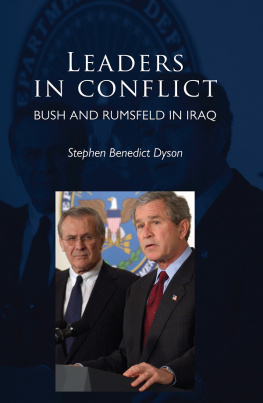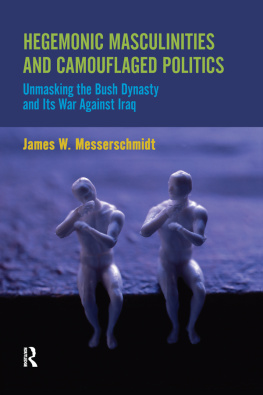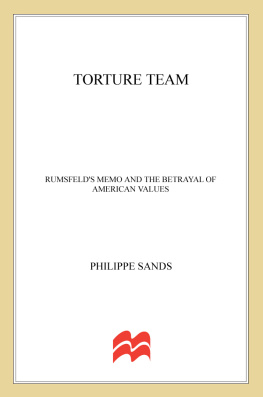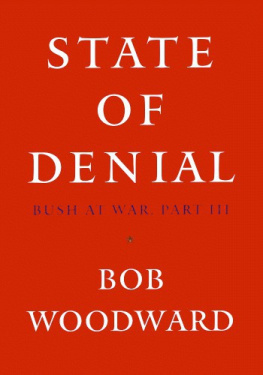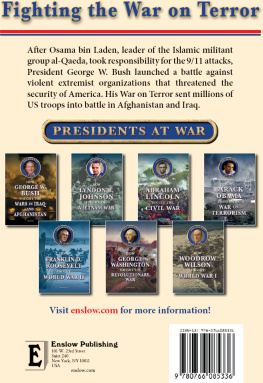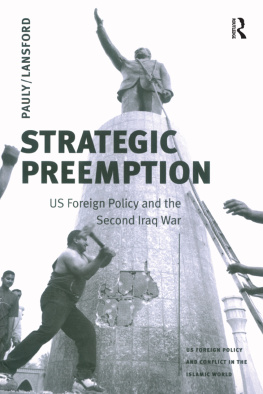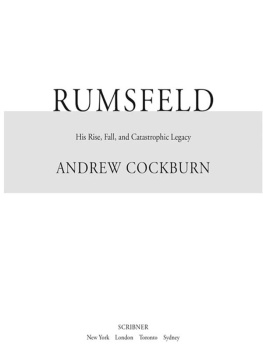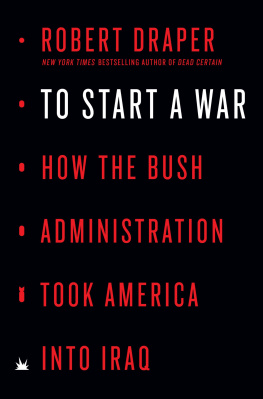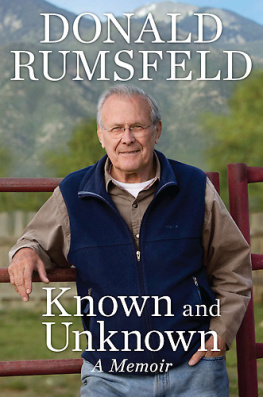Copyright Stephen Benedict Dyson 2014
The right of Stephen Benedict Dyson to be identified as the author of this work has been asserted by him in accordance with the Copyright, Designs and Patents Act 1988.
Published by Manchester University Press
Oxford Road, Manchester M13 9NR, UK
and Room 400, 175 Fifth Avenue, New York, NY 10010, USA
www.manchesteruniversitypress.co.uk
Distributed in the United States exclusively by
Palgrave Macmillan, 175 Fifth Avenue, New York,
NY 10010, USA
Distributed in Canada exclusively by
UBC Press, University of British Columbia, 2029 West Mall,
Vancouver, BC, Canada V6T 1Z2
British Library Cataloguing-in-Publication Data
A catalogue record for this book is available from the British Library
Library of Congress Cataloging-in-Publication Data applied for
ISBN 978 0 7190 9170 4 hardback
First published 2014
The publisher has no responsibility for the persistence or accuracy of URLs for any external or third-party internet websites referred to in this book, and does not guarantee that any content on such websites is, or will remain, accurate or appropriate.
Typeset
by 4word Ltd, Bristol
To Mum and Dad
When George W. Bush fired Donald H. Rumsfeld in November 2006, he ended a conflict. Not the Iraq war, which would go on for several more years, but a war about the war, fought in the shadows and engaged largely through inaction, the fudging of differences, and misdirection rather than open hostilities. In Iraq, the president was prepared to pay a high cost in American lives, treasure, and prestige to win. The secretary of defence favoured turning the war over to the Iraqis, and was comfortable with the risk that Iraq would disintegrate into chaos. With Rumsfeld removed, the president brought US strategy into line with his goals, sending additional troops to Iraq and committing to continued US involvement. Bush abandoned Secretary Rumsfelds withdrawal approach, predicated upon the beliefs that its the Iraqis country, and we have to take our hand off the bicycle seat.
Bush and Rumsfeld thought about international politics, and about leadership, in divergent ways. The president embraced binary thinking, was visceral in his commitment to the war, and had a strong belief that the US both could and should shape events in Iraq. The secretary saw the world as complex, and was sceptical of the extent of US influence over events and of the moral imperative to stay involved. They did not, of course, have stand-up fights about policy: Bush disliked disagreement, Rumsfeld was a canny courtier, and any secretary of defence openly and repeatedly confronting a president would either resign or be dismissed. Bushs leadership style was to delegate, to maintain personal comity, and to be unfailingly loyal to subordinates. Rumsfeld stressed complexity and contingency, disliking grand proclamations and stating strong views. Their conflict, then, was simmering and mostly unacknowledged until the situation in Iraq was almost beyond repair. That the conflict was largely subterranean made it all the more devastating. It would have been better, for the US and for Iraqis, had the president and the secretary of defence confronted their differences much sooner than they did.
Iraq puzzles
Many paradoxes and puzzles surround US involvement in Iraq. Why did the president of the United States allow a persistent disjunction between his goals and the strategy being followed by the forces under his command? Why talk of victory while the secretary of defence sought withdrawal? How could a policy of administering Iraq through a Coalition Provisional Authority be allowed to develop when it was the preference of neither the president nor the secretary of defence?
These questions are at the core of this book. I examine them as results of the clash of worldviews and decision-making styles of President Bush and Secretary Rumsfeld. I build the case that leaders matter in international politics and foreign policy decision making. Leaders differ in the way they see the world, the degree of control they believe they have over events, and their decision-making and management styles. These differences can be systematically measured and carefully traced in their impact upon policy processes and policy choices.
I seek to see the conflict through the eyes of the two principal decision makers in wartime: the president as Commander in Chief and the secretary of defence as what Eliot Cohen has termed the Deputy Commander in Chief. Leaders at this highest of levels fulfil two distinct functions. First, they are strategists who seek to understand the nature of the international system and the problems it generates. They develop and articulate a concept of their state, its interests, obligations, and challenges. Second, leaders at the top are administrators, charged with implementing a policy through the collection of information, effective interactions with associates and subordinates, and the management of complex organizations.
Leaders, then, develop an external worldview, and an internal management approach. Bush saw the world as one of absolutes, saw himself as a history maker, and preferred to set a general course and delegate implementation. He was averse to interpersonal conflict and saw the maintenance of optimism and morale inside his administration as a key function of leadership. Rumsfeld perceived the world as enormously complex, and saw himself, and the US, as managers rather than makers of history. He saw interpersonal conflict as productive and held in disdain those who shrank away from his probing, interrogatory style.
My analysis begins with the different reactions of the president and the secretary of defence to the September 11th 2001 terrorist attacks. Bush had not thought about foreign policy in any great depth prior to this day. Reconstructing his response to the attacks allows us to track the interaction of Bushs temperament with these radically changed circumstances. Bush begins in the hours, days, weeks, and months following the attacks to outline a strategic response that was doctrinaire, ambitious, and moralizing. This set of policies became known as the Bush doctrine, and provided the rationale for the invasion of Iraq.
Rumsfeld responded differently to the attacks. He also, of course, experienced outrage the secretary was a first responder tending to the wounded at the Pentagon. But his temperament quickly asserted itself. Whereas Bush reacted viscerally, Rumsfeld was analytical. His goal was to understand the dimensions of the new situation, and he did not want to make grand pronouncements before more was known. He disliked the notion of a war on terror, believing that it implied a vengeful and solely military response rather than a precise and multifaceted reaction. The secretary did not find it prudent to issue sweeping statements about reshaping the world.
Rumsfeld preferred the practicalities of war planning to the vagaries of grand strategy. He began a process of cajoling, interrogating, persuading, and prodding General Tommy Franks, who would command the invasion of Iraq. The secretarys goal was to produce a war plan built from new assumptions concerning force size, speed, precision, and agility. He was fully immersed in the process, and his relationship with Franks evolved from a contentious beginning to a constructive partnership.


